Author and human rights campaigner Maud Daverio de Cox has died at the age of 92.
Daverio de Cox, the wife of former Buenos Aires Herald editor Robert Cox, passed away in the early hours of Friday morning (December 1) at the Swiss Hospital in Buenos Aires, close to 3am.
The author of more than a dozen books, the mother-of-five Argentine national was a force of energy and conversation.
Bold and courageous, Daverio de Cox was born into a well-to-do family (she once described herself as “bourgeois”) and mixed with high society in her youth, crossing paths with individuals who would go on to be huge national figures, such as Juan Domingo Perón.
Maud attended an American school in Caballito, where she learnt English. She initially didn’t want to marry but that changed when she met her husband, age 29, at a party while studying to be a doctor. Bob, as everyone called him, asked for her telephone number as she was leaving. Soon after they were inseparable, remaining together for more than six decades.
Daverio de Cox’s life is indelibly linked to Argentina’s brutal 1976-1983 dictatorship and the struggle of a small English-language newspaper that reported on the disappearances of citizens under the military junta’s rein.
Human rights organisations estimate that as many as 30,000 people were killed during an era of state terrorism, the extent of which was not known at the time. The true death toll remains unknown and many of the bodies of those disappeared by military and security forces have never been found.
With most of the national media complicit or working on a model self-censorship due to threats, the Herald – led at the time by Robert, its editor – used its niche as a foreign-language publication to report on the atrocities that were taking place. Initially, the publication did not draw the attention of the authorities, but international news agencies – and the junta – soon began to take note.
British-born editor Cox, in his 40s at the time, wrote many of the articles on suspected disappearances himself. Some of his brave staff accompanied him in the endeavours, putting themselves in the firing-line too.
Though her name did not appear on any byline, his wife often accompanied Robert on his reporting expeditions. Maud was his closest confidant at a time, hearing his tales of horror late at night when fear ran high. In later years, Cox would often pay tribute to the role his partner played in highlighting the abuses perpetrated by the dictatorship.
In a gruesome discovery, the couple once went out in their car in the early hours of the morning to check on rumours the military were incinerating the bodies of the murdered at a cemetery in Chacarita. They saw the smoke and rushed home, gripped by fear.
Throughout the period, Maud strived to bring up the couple’s plentiful children, struggling to provide them with some sense of normality among the chaos and killing, with the family fleeing the city at weekends for the countryside.
“I acted like a mother who took the kids to the square every day, they had an absolutely normal life. When Bob arrived at night, I would prepare something to eat, I would cook to distract his mind, he would come to the bedroom and tell me what was going on, but with the kids I tried to go on with my life,” she said in an interview last year.
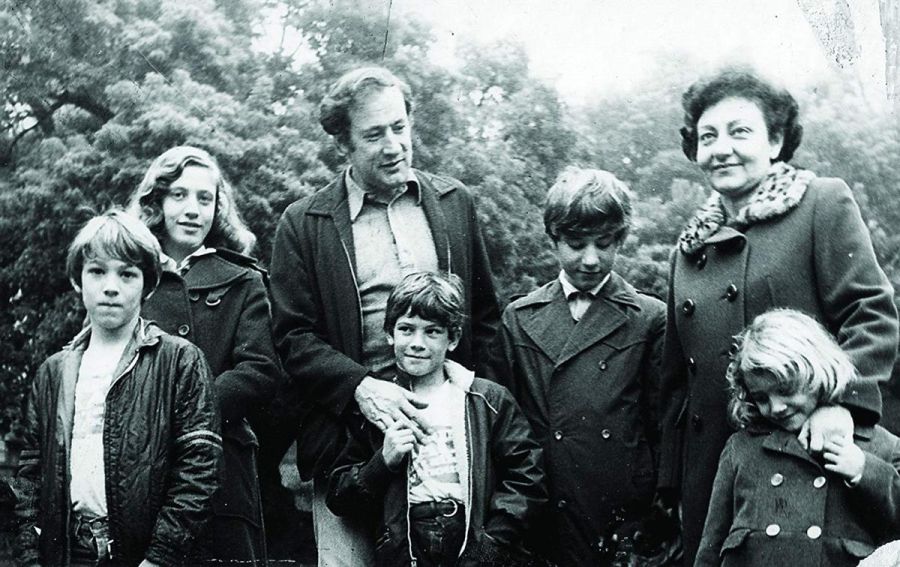
In 1977, her husband was detained by the security forces and released a few days later. From then on, the family lived in fear, receiving threats on a regular basis. To Maud’s horror, their son Peter received a threatening note at school, warning that their father should stop his reporting. The family decided to leave the country, moving to Charleston in the United States.
Never attempting to share the fame won by her husband’s defence of human rights, Daverio de Cox later forged her own career as an author, penning at least half-a-dozen books.
A shrewd woman of tireless spirit, she remained active until the very end. Just last year she relaunched an edited and updated version of her first book, Salvados del infierno (“Saved from Hell”), first published in 2001.
In that work, “a testimony of a direct witness,” as one reviewer called it, she retraces her evolution as a housewife at the beginning of the junta’s reign of terror, to the 1976 murder of the Pallottine priests in Belgrano (one of the earliest and most shocking atrocities of the dictatorship), to the slaughter of policemen by left-wing guerrillas, all the way to the family’s escape into exile.
A versatile writer, Daverio de Cox’s work often mixed personal and local history. Indeed, a literary strain may even run in the blood – in recent years, the late author discovered that through the Irish side of her family, the Boyles, she was related to the Irish writer Jonathan Swift, a fact in which she took great pride.
At the turn of the 20th century, Maud’s Irish grandmother Catalina de Boyle had taught English to the children of factory workers in San Martín and that district remained key to her life. In 2017, she published Testimonios del antiguo pueblo de San Martín, a slim volume exploring the Greater Buenos Aires district before it became an industrial urban sprawl.
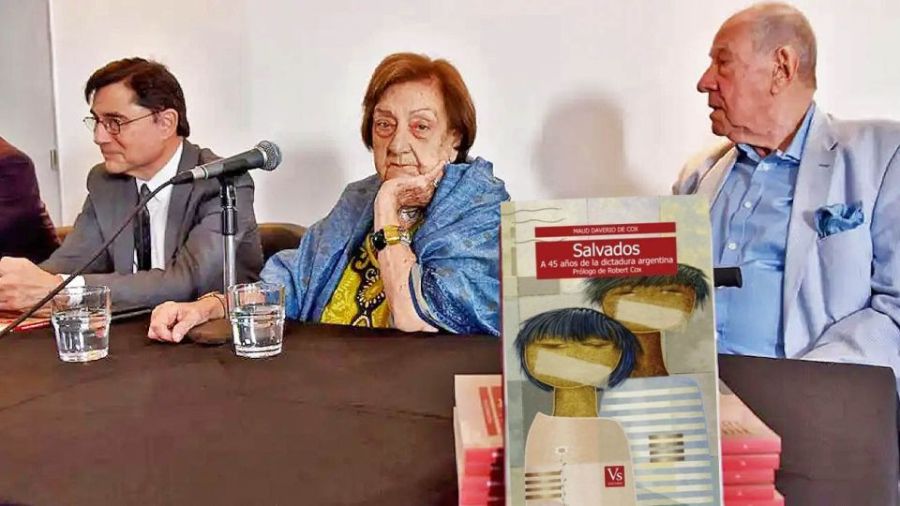
Other highlights include 2009's El exilio y el otro, a collection of short accounts that read almost as a memoir, and her 2021 book, El misterio de las causalidades, detailed eight real-life amazing coincidences, ranging from the trivial to the dramatic and tragic.
Deliciously sarcastic, Daverio de Cox’s friends considered her to be a lover of art and music, a passionate political debater, good analyst of current affairs and great host.
After the family went into exile, Maud loved their life in the United States. She once said it “gave me the opportunity to study … I did my doctorate, they opened doors for me, I never felt excluded, it was fantastic.”
Daverio de Cox went on to gain a doctorate in comparative literature at the University of South Carolina and was a professor of French literature at the University of Charleston.
Argentina remained dear to the Cox family’s hearts and following the fall of the dictatorship, Robert and Maud returned to the country annually to see friends and family.
Instead of attempting to turn the page on the dictatorship era entirely, Maud decided to write a fresh one. Perhaps inspired by her husband’s reluctance to pen a book about his experiences, she began writing about hers.
Once asked about the dictatorship era and how it had affected her life, she responded: “It's a ghost that returns all the time, it's a past that won't go away.”
She is survived by her husband, Robert, 89, and four of their five children (Victoria, Robert, Peter, David and Ruth).










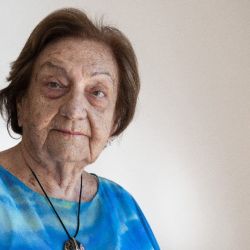
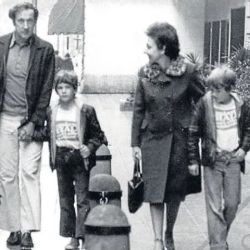



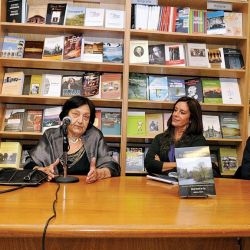









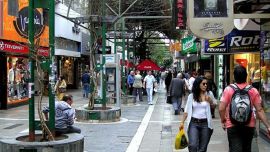




Comments